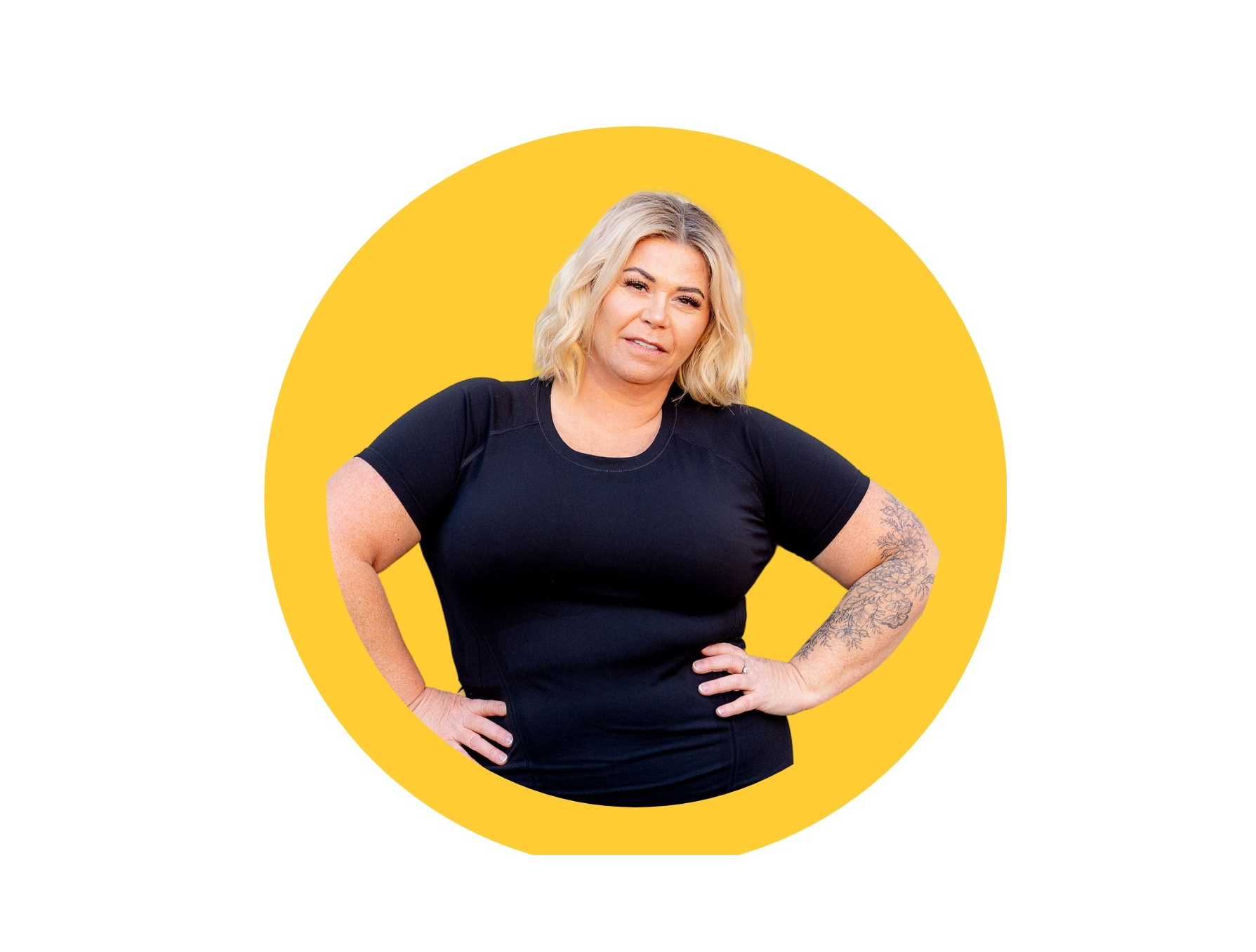Interested in starting your own entrepreneurial journey in personal development but unsure what to expect? Then read up on our interview with Joe Santana, CEO of Joseph Santana LLC., located in Staten Island, NY, USA.
What's your business, and who are your customers?
I am the founder and chairman of an association of Chief Diversity Officers called the CDO PowerCircle. The association aims to develop Diversity, Equity, and Inclusion leaders at all levels of its member organizations. Member organizations generate nearly three-quarters of a trillion US dollars in revenue with one million employees.
Tell us about yourself
I'm a former line executive that ran a fifty-million-dollar a year outsourcing organization for an international conglomerate. Throughout my employment in this role, I discovered how strategic diversity, equity, and inclusion efforts brought measurable value to people and the organization. I developed a passion for the topic and ran several successful corporate programs.
In 2011, I decided to leave the corporate world and begin a consulting practice. I partnered with established firms for the first few years of that practice to deliver training and build and run diversity, equity, and inclusion think-tank groups. During that time, I discovered the following challenges:
- The overblown cost of diversity training and development resources and the meager budgets most companies put behind these efforts limited what Chief Diversity Officers could accomplish.
- Organizations with associations that supported diversity, equity, and inclusion leaders charged vast amounts of money relative to diversity budgets (sometimes consuming 25 to 50% of the available funding). They treated the diversity, equity, and inclusion function as if it was solely a subset of HR. They also failed to modernize their approach to provide more robust and cost-effective resources to diversity, equity, and inclusion leaders.
I started the CDO PowerCircle association to address those challenges. Today we provide
- Online Sharpening the Axe thought leader discussion with Chief Diversity Officers,
- A Virtual Academy for Chief Diversity Officers, Resource Group Leaders, and Executive Sponsors
- A Future Foresight Summit, where Chief Diversity Officers, Resource Group Leaders, and Executive Sponsors can prepare for changes in the new normal that enable them to more effectively support their companies and employee through turbulent, disruptive changes
- The ERG PowerTalk Discussions, where resource group leaders and executive sponsors get to meet and learn from thought leaders
- And much more
When we started, we were giving our members resources valued at $100,000 a year for a membership fee that was less than one percent of that value. Today, the estimated value of what we offer is over $175,000, and we've still maintained our low cost-to-value ratio.
I aim to continue increasing the value and accessibility of training and development for diversity leaders so that everyone with the most constrained budgets can access the tools they need to grow their diversity, equity, inclusion leadership, and impact. That goal and passion are what fire me up every single day.
What's your biggest accomplishment as a business owner?
There are a few that I would list here. One is that we've brought the cost of access to peers and top thought leaders in the diversity, equity, and inclusion community to about one-third of what they were before we started. Also, through our award-winning podcast, ERG PowerTalk, we've freely distributed hundreds of thousands of dollars worth of leadership development training and inspiration to resource group leaders via distribution channels that reach over 300 million podcast listeners. (The podcast is developed by recording and distributing the thought leader interview portion of our ERG PowerTalk discussion panels). But if I were to pick the biggest of our accomplishments, I would say it's bringing together such a powerful curated group of top diversity, equity, and inclusion leaders from some of the most admired companies in the world. Together we are revolutionizing and redesigning the diversity, equity, and inclusion leadership development industry.
What's one of the hardest things that come with being a business owner?
For many of us that have been brought up in a society that focuses on developing skills that lead to a career around a job in a company, the most challenging task we face is rewiring our thinking. We are all descendants of entrepreneurs since humanity predates corporate jobs. But like a tiger born in captivity who only eats when the Zookeeper throws a steak into his cage, many of us never learned how to live and thrive outside the world of working for a company.
Knowing how to live in a world of working for others in a job is all about learning a skill you can use in a company that, in return, will pay you for performance. Being a business owner is all about learning how to think in terms of the needs of others and then come up with solutions that meet those needs. Many brilliant people who leave jobs to start their businesses struggle and fail because they never transition from task performance for pay to value creation to meet a need.
So, to net it out, for employees that want to leave the world of working for others to start a successful business of their own, the hardest thing to do and maintain is to transform yourself from someone who thinks of a task for pay to someone who is tuned to seeing and seizing opportunities to create value for others.
What are the top tips you'd give to anyone looking to start, run and grow a business today?
So here are my three tips for people who are looking to start and grow a business today:
- Look for an unmet need. The best business ideas come from finding solutions to things that bother you and others.
- Start doing it as soon as possible and learn. You will not design the perfect business plan by speculating and refining your thoughts on paper until you have the best model for a hundred-million dollar-a-year machine. You do it by taking one small idea and ground testing it, pivoting as needed until it's tuned, and then building on it by continuing the ground-testing the next idea, etc.
- Use setbacks as opportunities to learn and refine. Don't let them discourage you.
Is there anything else you'd like to share?
I encourage everyone in my circle of family and friends to build a business regardless of age or employment status. Learning how to create value for others is a vital skill that provides emotional and financial rewards far exceeding those offered by the most run-of-the-mill jobs (Even executive jobs).
Jobs in the new normal are neither the most secure way to support yourself nor are they the best way. A slight change in the market or a new technology can quickly eliminate a job. Jobs can offer you the opportunity to meet people and practice skills. But they should not be your only strategy for applying creativity or supporting yourself and your family.
I advise investing some of your time and effort in building a business. Use it to learn. Pivot as needed to adjust to your growing knowledge about your chosen market. Nurture and grow it before you need it, so it's there waiting and ready when you need it. As Peter Drucker once famously said, "The best way to predict the future is to create it." If you want to future-proof yourself, you must develop your business-building muscles instead of putting all your eggs in the job security basket.
Where can people find you and your business?
Website: http://joesantana.com/
Facebook: https://www.facebook.com/JosephSantanaCoaching
Twitter: https://twitter.com/joesannyc
LinkedIn: https://www.linkedin.com/in/joesantana/
If you like what you've read here and have your own story as a solo or small business entrepreneur that you'd like to share, then please answer these interview questions. We'd love to feature your journey on these pages.
Turn your craft into recurring revenue with Subkit. Start your subscription offering in minutes and supercharge it with growth levers. Get early access here.



